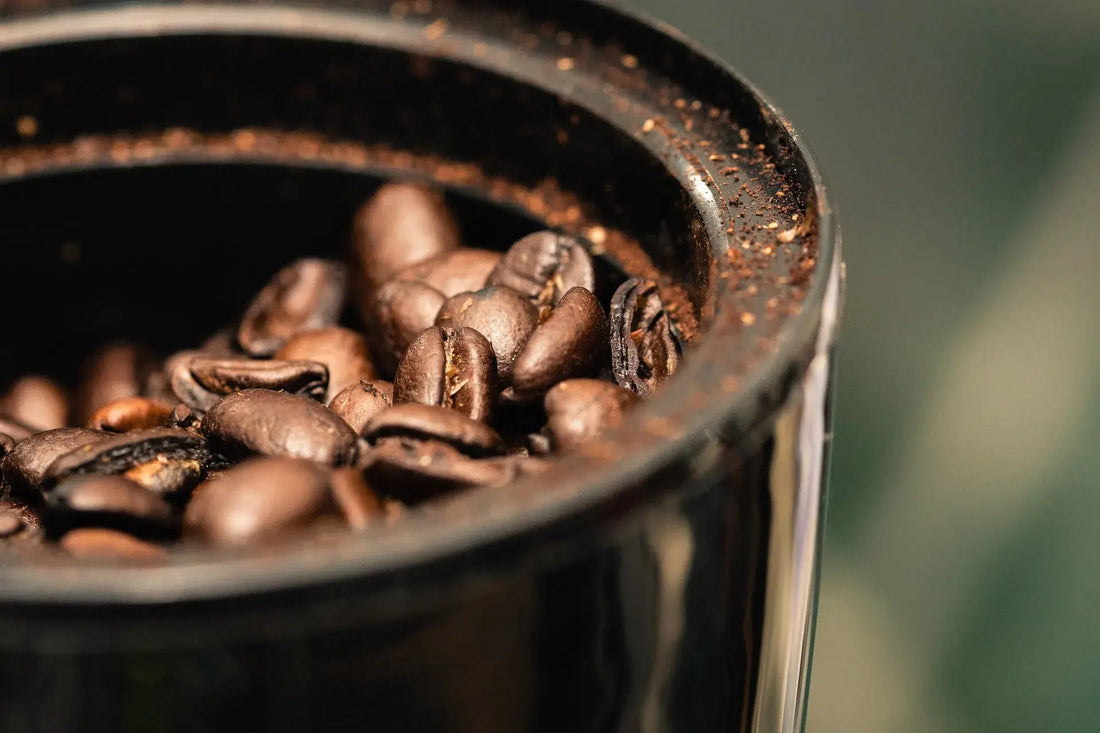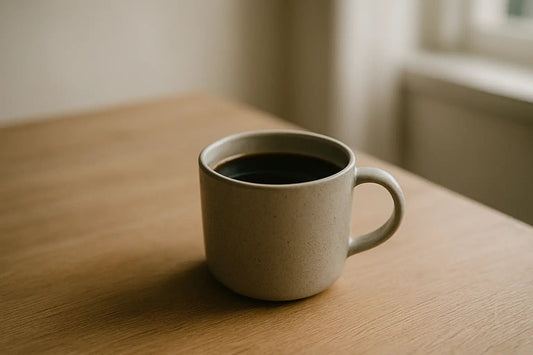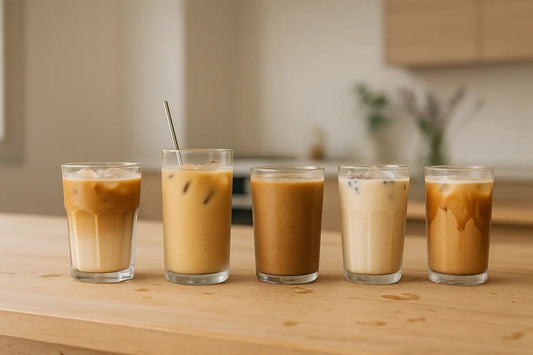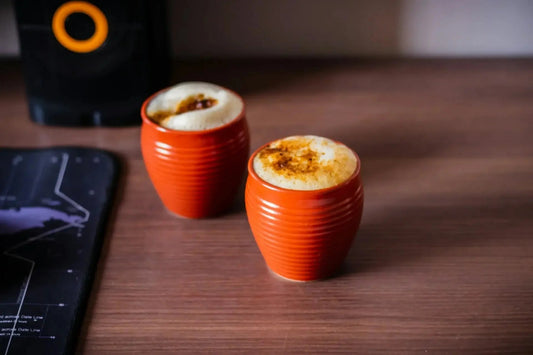
How Much Caffeine Is in Decaf Coffee?
James RocheHow Much Caffeine Is in Decaf Coffee?
Decaf coffee has long been a saviour for those who love the taste of coffee but want to avoid the stimulating effects of caffeine. But have you ever wondered how much caffeine is really in that decaffeinated cup? In this article, we'll dive deep into the world of decaf coffee to uncover the surprising truth about its caffeine content.
The Decaffeination Process
Before we discuss the caffeine content in decaf coffee, it's important to understand how it's made. The decaffeination process is a remarkable feat of science. There are several methods used, including the Swiss Water Process, ethyl acetate, and carbon dioxide extraction. These methods aim to reduce the caffeine content to a minimal level, but they can't eliminate it entirely.
Trace Amounts of Caffeine in Decaf Coffee
Decaf coffee is not completely caffeine-free. In fact, it does contain some residual caffeine. The amount can vary depending on factors such as the type of coffee bean, the decaffeination process used, and the brewing method. On average, an 240 ml (8-ounce) cup of decaf coffee contains about 2 to 5 milligrams of caffeine. To put this into perspective, a regular cup of coffee can contain anywhere from 95 to 200 milligrams of caffeine.
Factors Affecting Caffeine Levels
Several factors influence the caffeine content in decaf coffee:
Coffee Bean Type: Arabica beans typically have less caffeine than robusta beans, so decaf coffee made from arabica beans tends to have lower caffeine levels.
Decaffeination Process: The method used to remove caffeine from the coffee beans can impact the final caffeine content.
Serving Size: The caffeine content per cup can vary depending on how much decaf coffee you consume.
Brewing Method: The way you prepare your decaf coffee, whether through drip brewing, French press, or espresso, can influence the caffeine content.
Why Is There Caffeine in Decaf Coffee?
The lingering caffeine in decaf coffee raises the question of why it's not completely caffeine-free. It's primarily due to the challenges of removing every trace of caffeine during the decaffeination process. Achieving complete caffeine elimination while preserving the flavour and aroma of coffee is a complex task.
Who Should Be Cautious with Decaf?
For individuals with extreme caffeine sensitivity, consuming even small amounts of caffeine can trigger reactions. If you fall into this category, you should exercise caution when consuming decaf coffee, as the caffeine content can vary.
In conclusion, decaf coffee is indeed a lower-caffeine alternative to regular coffee, but it's not entirely free of caffeine. On average, a cup of decaf coffee contains about 2 to 5 milligrams of caffeine, which is significantly less than its regular counterpart. The exact caffeine content can vary due to factors like the coffee bean type, decaffeination process, serving size, and brewing method.
For most people, decaf coffee is a safe and enjoyable way to savour the flavour of coffee without the jitters. Just remember that if you have extreme caffeine sensitivity, it's wise to be mindful of even these small traces of caffeine.
So, go ahead and enjoy your decaf coffee, knowing that the caffeine content is minimal and unlikely to disrupt your day.



